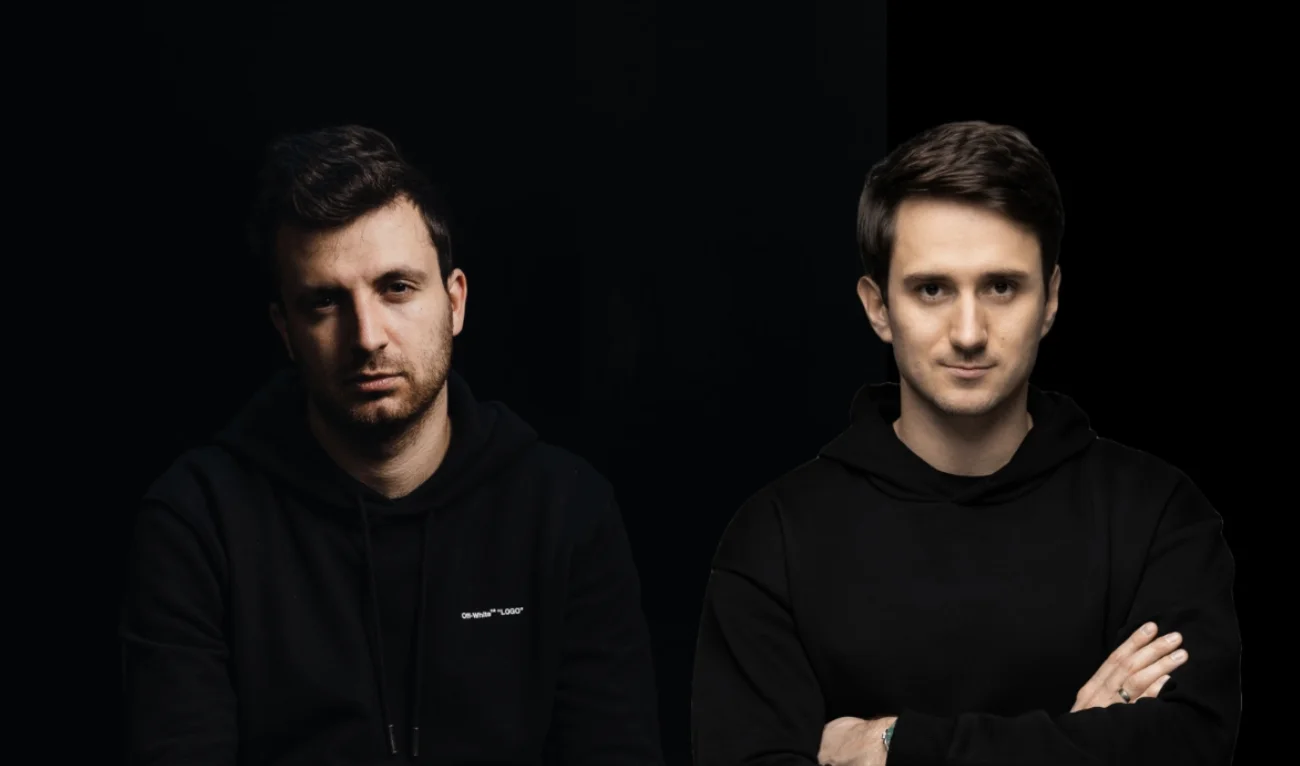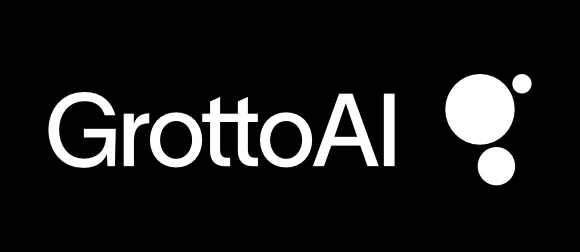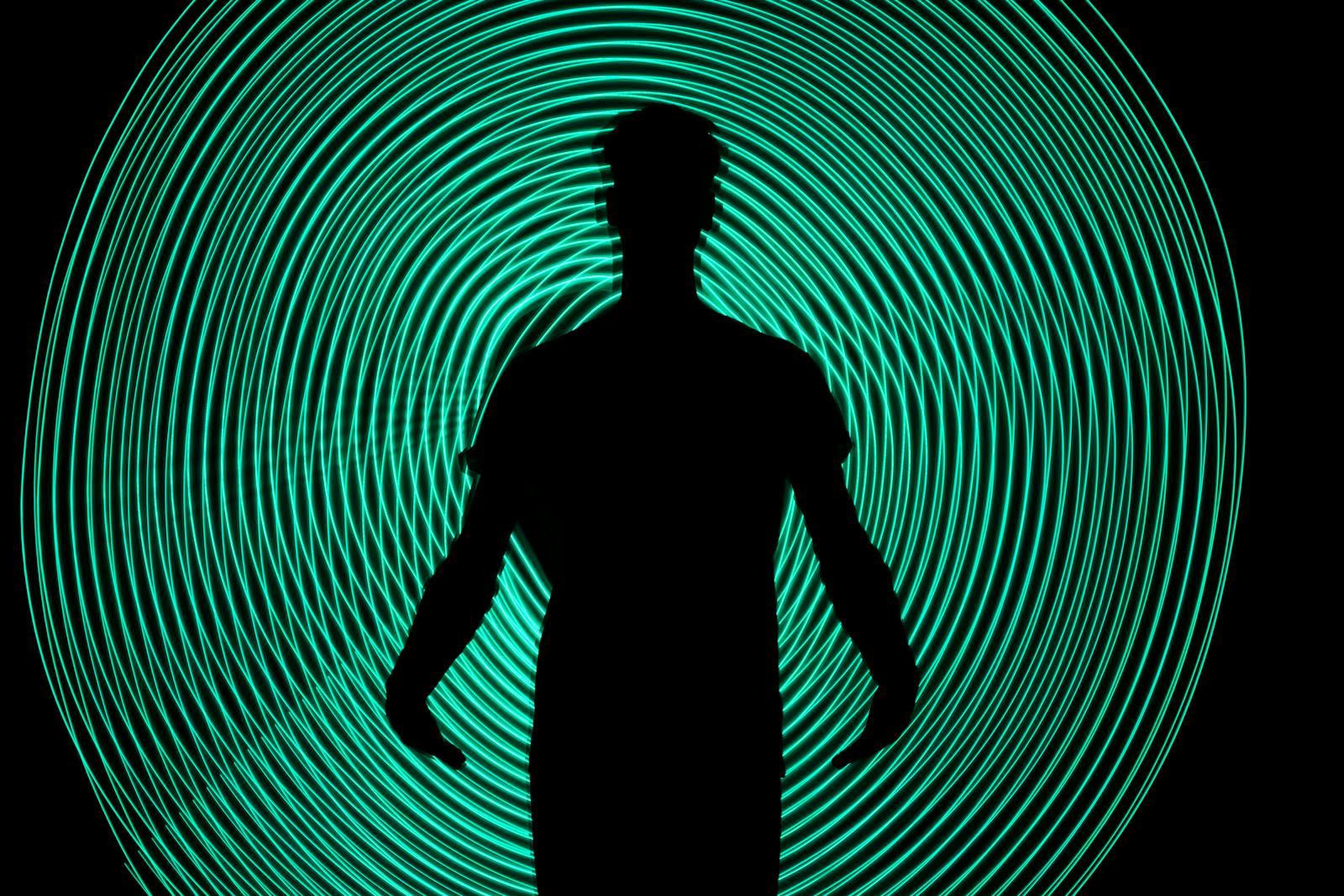In an era where artificial intelligence (AI) is reshaping industries, the Oscars find themselves embroiled in a debate over its role in filmmaking. The Brutalist, a critically acclaimed post-WWII epic by Brady Corbet and an Oscar front-runner, has come under scrutiny after its editor admitted to using AI for key enhancements.
The film, starring Adrien Brody and Felicity Jones, portrays an architect’s journey from war-torn Europe to a new life in America. While The Brutalist has already claimed accolades, including a Golden Globe, recent revelations have sparked a heated discussion. AI was employed to fine-tune Hungarian dialogue in scenes featuring Brody and Jones, with the editor, David Janko, using his own voice model to adjust pronunciation. Critics argue that such practices could blur the lines of authenticity in performance art.
Additionally, the production design team is suspected of utilizing AI tool MidJourney for architectural sketches, though director Corbet and designer Judy Becker insist the final visuals were handcrafted. Corbet underlined the human effort behind the film, describing it as a labor-intensive project with AI playing a minimal, supervised role.
This controversy reflects broader concerns about AI’s encroachment on creativity in Hollywood, drawing parallels to previous debates over CGI in action films. As the industry grapples with these shifts, the Oscars may serve as a litmus test for AI’s place in the craft of cinema.
With the Academy Awards on the horizon, the debate surrounding The Brutalist has elevated it from a cinematic masterpiece to a flashpoint in the ethics of filmmaking innovation.






